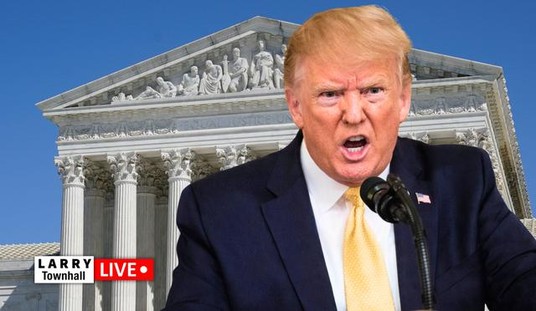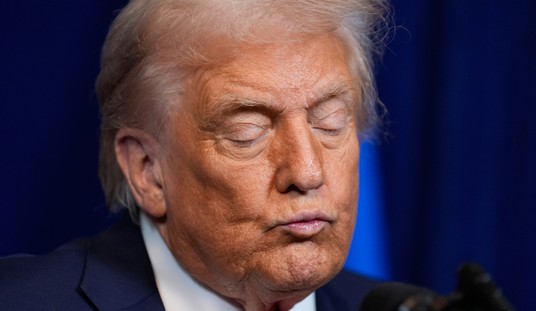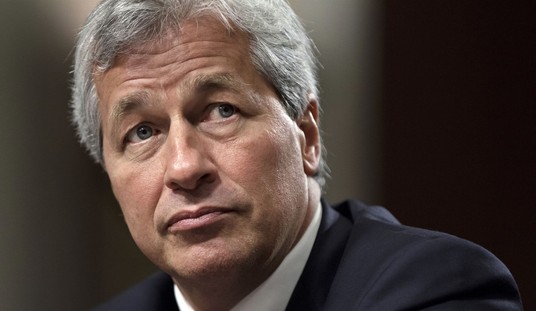
GQ’s Julia Ioffe is a Russian-born American journalist who worked as a foreign correspondent in Ukraine in 2013-2014. She wrote an especially insightful piece on Monday entitled “Here’s Why Ukraine Pops Up in So Many U.S. Scandals,” which helps put some of today’s events in context. She argues that there are two reasons why the scandals which have polarized Americans in the last several years have originated in Ukraine. The first reason is that Ukraine is in the middle of a tug-of-war between Russia and the West. The second is because Westerners (political consultants and operatives such as Paul Manafort and Tony Podesta) are paid millions of dollars by oligarchs and politicians.
The word “Ukraine” means borderland. And “borderland” is an apt description of the country both physically and ideologically. Located between Russia and Europe, Ukraine is in the unique position of acting as a buffer zone between two conflicting ideologies. “Russia versus the West, led by America. The two sides have been fighting over which camp Ukraine joins for the past two decades.”
The way I see it is that Ukrainians will be on whatever side they need to be on to achieve their goals. Americans look at Ukrainians as being either pro-Western or pro-Russian, but the reality is far more complex than that.
Ioffe points out:
The political dynamic gets reduced to neat binaries—the forces there are either pro-Russia or pro-West; leaders are either corrupt actors or laudable reformers; the good guys versus the bad guys. But that framework belies the moral complexity of the place, which is why it pops up in our domestic political scandals in the first place.
People’s affiliations are often less than clear. Determining which oligarchic clan a politician or journalist is associated with is difficult, as is pinning down a person’s true geopolitical leanings.
…
Many Ukrainians have learned to play one side against the other in securing money and power for themselves.
…
Ukraine would like America and Europe to think of it as a promising young democracy, the good little country struggling to fend off the gravitational pull of evil Russia. There is a lot of truth in that. But it is also an oligarchy where a very small number of people control the country’s natural resources, a legacy of its Soviet past. Around each of these people is a clan vying for influence, resources, and political power. They sponsor media outlets and politicians. Ukraine’s new president, Volodymyr Zelensky, for example, has promised to fight corruption but is also closely linked with one of the country’s most powerful oligarchs.
A former Obama administration official told Ioffe, “It’s very difficult because of the level of distrust. You don’t know whom you can trust in Ukraine. Everyone accuses everyone else in Ukraine of being a Russian puppet, and getting to the bottom of it is extremely difficult to do.”
Interestingly, Ioffe says, “In the years after Yanukovych’s ouster and the Russian invasion, the easiest way to knock out a rival was to tarnish them as an agent of Moscow, whether the claim was true or not.” Looks like the Democrats took that and ran with it.
When a Ukrainian politician or oligarch finds themselves being accused of ties with Moscow, they often turn to American political consultants to restore their reputations.
Ukrainians pay exorbitant sums of money to American lobbyists and operatives which is what drew former Trump campaign manager Paul Manafort, lobbyist Tony Podesta and others to the country. Ioffe explains that they “see Americans as being really good at what in that part of the world is known as “political technology”: using data, polling, consulting to win elections.” Maybe even more important than that is the belief that hiring American operatives will buy them influence in Washington. This was likely the reason why Burisma was happy to appoint the unqualified son of the Vice President of the United States to their board of directors.
Ioffe writes that “lavishing money on an American consultant with deep ties to the Republican establishment (like Manafort) or to the Democratic one (like Hunter Biden or Devine) can go a long way in securing influence in Washington and, hopefully, still more money in the form of American aid.”
Manafort’s work was instrumental in helping Yanukovych win the presidency in 2010 and he was paid millions of dollars for his efforts. (Note: Because Yanukovych is pro-Russian, Manafort has been labeled as pro-Russian even though he strongly argued for Yanukovych to sign the EU agreement in 2013.)
Tad Devine, who was the chief strategist for Bernie Sanders’ 2016 campaign, also worked for Yanukovych. But we never hear anything about that. To give you an idea of the amount of money Ukrainians are willing to pay American strategists and operatives, Andrew Weiss, who oversees Russia and Eurasia research at the Carnegie Endowment, said that, “When Devine was contemplating working on the 2014 Ukrainian election, he stipulated that his rate would be $10,000 per day—not including travel…These are people getting paid in a way that is totally out of proportion to how you would be paid elsewhere.”
Knowing something about the recent political history of Ukraine, particularly during the pivotal period leading up to, including and following the Ukrainian Revolution through Russia’s invasion of Crimea, helps to understand the role the country has played in U.S. politics, especially during the 2016 election cycle.
As politicians often tell us, many times they are forced to decide between two bad options. In 2013, then-President Viktor Yanukovych, who was pro-Russian, faced such a decision. The EU had offered a package of loans to Ukraine, known as the European Union Association Agreement. In exchange, the country would agree to liberalize reforms. At the same time, he was facing pressure from the Kremlin, Ukraine’s largest trading partner not to sign the agreement. According to the BBC, Yanukovych said “Ukraine could not afford to sacrifice trade with Russia” and called the EU’s offer to lend Ukraine 610 million euros “inadequate.” He said “Ukraine would need at least 20 billion euros a year to upgrade its economy to European standards.”
In November 2013, Yanukovych said he was interested in signing an agreement with the EU, just not the current agreement. This decision set off a wave of protests, which became known as the “Euromaidan” movement. These protests culminated in the February 2014 “massacre” during which riot police fired into a crowd of demonstrators killing 88 people. On February 22, 2014, Yanukovych fled to Russia. The following month, Russia invaded Crimea.
Ukrainian-American lawyer and DNC consultant Alexandra Chalupa (who had worked as an aide to several Democratic politicians, including President Clinton), held Paul Manafort responsible for the Yanukovych’s victory in 2010, and put a target on his back. For whatever reason, she predicted several months before Manafort joined Trump’s campaign that he would eventually do so. In the spring, she made the decision to work full-time to destroy Paul Manafort. Her efforts bore fruit. After Artem Sytnyk, chief of the newly established National Anti-corruption Bureau of Ukraine (NABU) and then acting Prosecutor General Serhiy Leshchenko published what was said to be Yanukovych’s “black ledger” showing payments of over $12 million to Manafort, he was forced to resign from Trump’s campaign. And the Democrats’ scheme to tie Trump to Russia took off.
It’s been nearly three decades since the collapse of the Soviet Union set the stage for an independent Ukraine, yet the country cannot escape its ties to Moscow or the influence of the powerful oligarchs who rule the country. Ukraine needs to decide which ideology it wishes to align itself with. But as long as they continue to straddle two opposing world views, they will remain mired in the corruption for which they have become known.














Join the conversation as a VIP Member